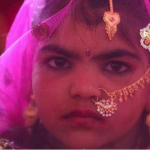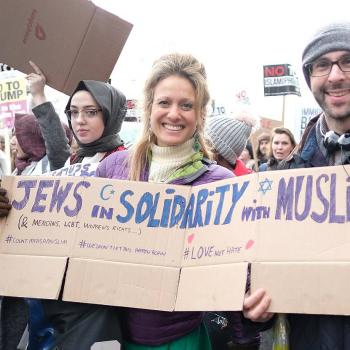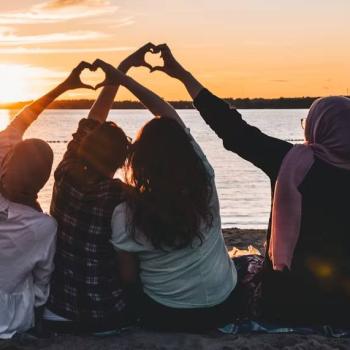“I can’t follow the news anymore, it’s too much.” Over the last two years, I’ve heard this sentence over and over again from friends and family who no longer live their lives to the soundtrack of Arab satellite channels, from local variants like Libya Al-Ahrar to the pan-Arab channels Al-Arabiya and Al-Jazeera. It has become too much. When they say this, they’re talking about car-bombings in Iraq, drones in Yemen, militias in Libya, the “second revolution” in Egypt, and most of all these days, the tragedy in Syria. The accumulated bad news has become overwhelming so they’ve consciously deafened themselves to everything. “Don’t tell me, I don’t want to know. It’s all a big mess.”
They don’t even get their news digitally, as all the social media gurus tell us “we” are increasingly doing. To mangle Henry Reed parodying T.S Eliot, these people have “turned off the wireless/And sit in Stockholm or Manchester listening appreciatively to the silence.” This is the other side of the coin to the news-obsessed state of an Arab world described in Tamim Barghouti’s poem, In the Arab World You Live, which ends with these depressing lines:
In the Arab world you live,
One eye on your watch
Afraid that you’ll miss the news
To see people in the Arab world die.
Once in a while though, something cuts through that deliberate deafness: a “story.” The human interest, in media terms. And it’s almost always a story about one person and their inconceivable loss. Like the story of Suha Omar Ali.
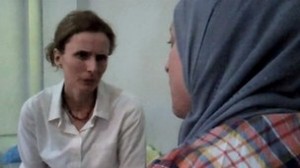
These women on the bus, they had arrived.
I searched for fragments of the story, with words including “daughters,” “Syria,” “Egypt.” I found a vast number of articles about the exploitation of Syrian women in Egypt, and Al-Ahram calling this a “rumor.” Then I found a BBC report about Suha and talk about the worsening treatment of Syrian refugees in Egypt since the ouster of Mursi:
“When Suha Omar Ali fled battle-scarred Damascus a fortnight ago, she was a mother of four. Now she is a mother of one. Having survived years of conflict in Syria, her three youngest daughters perished in the Mediterranean Sea….Sama was the eldest, at eight, followed by six-year old Julia, and Haya who was five, and disabled. They left for her sake.”
In the words of Shifaa, another woman quoted in the article, who was once a student of interior design, there was an echo of the words the women on the bus had exchanged. Here in Sweden we are human.
“We already lost our dignity when we left Syria,” she said. “I think the seas will be more merciful to us than the people here. Once you get to Europe you become a human being.”
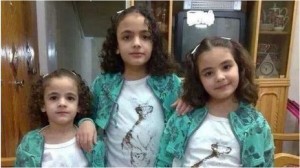
Suha made her journey for that place, and in doing so she lost three daughters and became a “story.”
A “story” gets a blip of attention. A fleeting moment of feeling bad about the state of the world. But of course Suha’s “story” is not a news story to her. She remains detained in Egypt, she has not reached the haven she imagined. It’s a reminder, yet another reminder, that people are living through the “mess” that some of us can’t even bring ourselves to follow.

